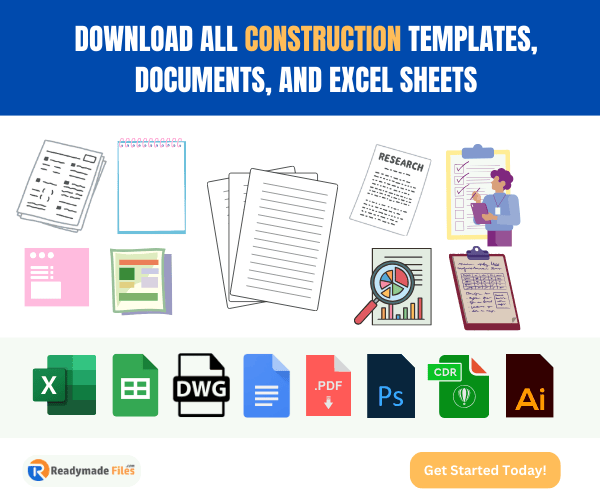The world is getting smaller, and as more and more people begin working remotely, you can access talent from all over the globe. If you are in the tech space and ready to take advantage of the benefits of a remote workforce but aren’t sure how to hire remote developers, start with this article.
We’ll show you how to hire a team of remote developers and find the best possible contractor for your company.
Why Hire Remote Developers?
Before diving into the topic, let’s understand why you might want to hire remote programmer teams. Firstly, it allows companies to access a global talent pool and find the best developers regardless of their location. This gives businesses a competitive edge by hiring experts in different fields and technologies that may not be available in the local market. Secondly, hiring remote developers can save a considerable amount of money in terms of office rent, infrastructure, and equipment, as remote developers work from their own locations. Lastly, remote developers offer flexibility in terms of project hours and deadlines and can work in different time zones, allowing businesses to stay productive and achieve their goals faster.
How To Hire Remote Developers
When hiring remote developers, it’s crucial to follow a structured process to ensure you find the most reliable contractor. Here are the steps to follow:
Define your Project Requirements
Before posting a job opening or reaching out to a remote development team, it’s essential to have a clear understanding of your project’s requirements, timeline, budget, and deliverables. This will help you to filter out potential candidates who are not a good fit for your project.
Search for Remote Developers
There are several ways to find remote developers for hire. You can post job openings on freelance marketplaces, search for developers on social media platforms, or reach out to a remote development team. It’s crucial to look for developers who have a good track record and experience in your project domain.
Interview Candidates
Once you have shortlisted potential candidates, it’s time to interview them. Conduct video interviews to assess their communication skills, technical abilities, and their fit with your company culture. It’s essential to ask open-ended questions to understand their problem-solving approach, their experience working remotely, and their availability.
Test their Skills
After the interview process, it’s crucial to test the candidate’s technical skills to ensure they have the expertise to deliver your project requirements. You can assign them a small coding task or a project and ask them to submit their work within a specific deadline.
Check References
It’s essential to check the candidate’s references to get a better understanding of their work ethic, reliability, and ability to work in a team. Reach out to their previous employers or clients and ask for feedback.
Offer a Trial Period
Once you have selected a candidate, it’s a good practice to offer a trial period to see how they perform and fit in with your team. This will help you to assess their work quality, responsiveness, and communication skills.
Evaluate Team Dynamics
When hiring a remote development team, it’s essential to evaluate their team dynamics and how they work together. Look for teams that have clear communication channels and use project management tools to ensure everyone is on the same page. It’s also crucial to ensure they have a good understanding of your company culture and values.
Define Your Communication Strategy
When working with a remote development team, it’s crucial to have a clear communication strategy. Ensure you have regular check-ins and set clear expectations for communication channels and response times.
Tips for Hiring Remote Software Developers
When you hire remote development team members, there are a few additional tips to keep in mind:
- Remote work requires a different set of skills than working in an office environment. Look for developers who have experience working remotely.
- Communication is essential when you hire remote software developers. Ensure they have excellent communication skills, both written and verbal, and can effectively communicate project updates and progress.
- Don’t forget to check the developer’s technical skills and ensure they have the necessary expertise to deliver your project. You can assign them a coding task or ask them to submit their portfolio.
- When working with remote developers, it’s crucial to set clear expectations for project requirements, deadlines, and communication channels. This will help to avoid any confusion or misunderstandings.
- Remote software development teams often use project management tools to stay organized and track progress. Ensure you have access to these tools and are familiar with how they work.
Conclusion
Hiring a team of remote developers can bring many benefits to your business, such as accessing a global talent pool and saving costs on infrastructure and equipment. You know how to hire remote developers, and you can start enjoying these benefits too!


Leave a comment